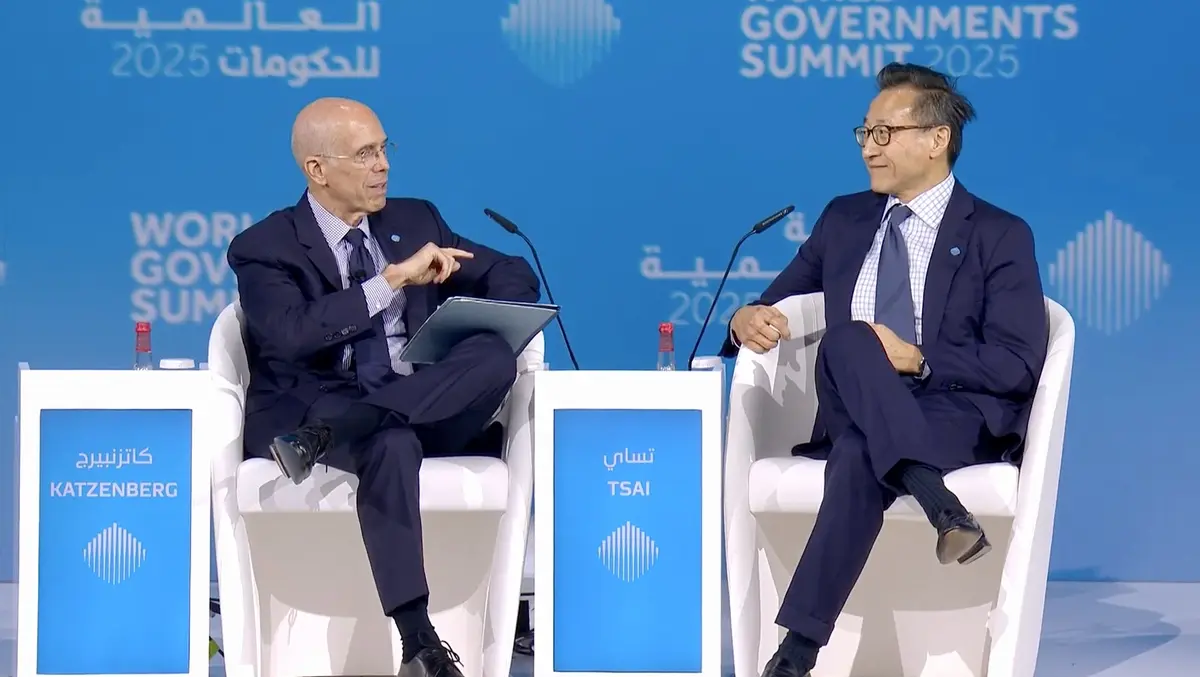
Alibaba chair Joe Tsai advocates for open-source AI future
Joe Tsai, Chairman of Alibaba Group, has expressed the company's perspective on the future of artificial intelligence, highlighting the importance of open-source models in making AI more accessible and predicting a shift towards commercial applications within AI development.
Speaking at a recent event and elaborating on his views through an opinion piece in the South China Morning Post, Tsai emphasised the need for AI developers to focus on real-world applications that drive economic impact. He posits that this focus will hasten the rise of task-specific AI models. "Developers will think about real-world applications that drive economic impact. This will accelerate the proliferation of task-specific and specialist AI models and agents," he stated.
Tsai also addressed capital allocation within the tech industry, noting that investment will likely favour companies that develop AI solutions with reduced training and deployment costs. He emphasised, "Capital will go to companies that innovate with lower cost of training and deploying AI."
According to Tsai, open-source models are crucial in democratising AI. It allows smaller enterprises to build on existing open-source frontier models to create practical applications. "Open-source models will lead to the democratisation of AI. Smaller companies can then access open-source frontier models and develop useful applications on top of them."
Moreover, Tsai indicated that AI applications built on smaller parameters will expand, thus broadening accessibility. He explained, "AI applications based on smaller parameter models will proliferate, making AI accessible to a lot more people."
Furthermore, Tsai highlighted the benefits of lowering costs to increase AI accessibility, suggesting that this will enable more companies and developers to engage in AI development, leading to more consumer benefits. "Making AI less costly and more accessible means more companies and developers can participate in the upside of AI development, and more consumers will benefit from the proliferation of useful and cool applications," he elaborated.
Tsai's support for open innovation coincides with Alibaba's ongoing efforts in the AI sphere, including the launch of its open-source large language models within its Qwen family. This initiative highlights the company's dedication to affordable AI progression. According to Tsai, "Alibaba was one of the earliest major global tech companies to make its self-developed large-scale AI model in open source, with the launch of ModelScope, its open-source community, in the end of at22. It released its first open-source model (Qwen-7B) in August 2023, with subsequent iterations encompassing language, multi-modal, mathematical, and code models."
As of February 2025, over 90,000 Qwen-based derivative models had been developed on the global open-source platform Hugging Face, indicating the model's widespread acceptance. This points to Qwen's standing as one of the most widely used open-source models globally. "As of February 2025, over 90,000 Qwen-based derivative models have been developed in the global open-source community Hugging Face. This reflects Qwen's popularity as one of the world's most widely adopted open-source models," Tsai noted.
In recent updates, Alibaba introduced the multi-modal model Qwen2.5-VL and the language model Qwen2.5-1M in an open-source format, both achieving high scores in international benchmarks. "Last month, Alibaba released its next-generation multi-modal model Qwen2.5-VL and the latest large language model Qwen2.5-1M in open-source format, both delivering results across globally recognised benchmarks," Tsai announced.


